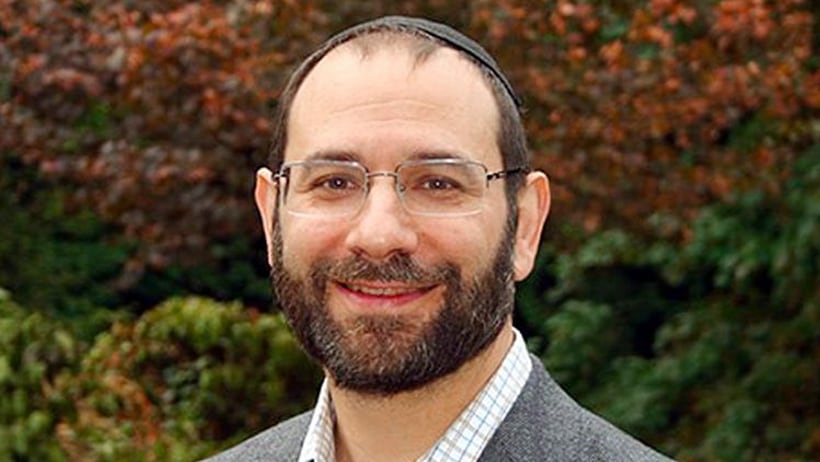Oasis Songs: Musings from Rav D
Friday, March 26, 2021 / 13 Nisan 5781
Another mass-shooting. As we prepare for Pesach, may our country find its way to redemption and freedom from the scourge of gun violence.
Summary: This week’s Oasis discusses a very short Seder, as well as a very long one. In those two examples, we can all find a way to celebrate in good faith.
Reading Time: Two and a half minutes
For most of us, this is a busy day as we finish our shopping and preparations for Pesach. As with last year, our celebrations will most likely be adjusted for this year of pandemic. There’s a way in which we can embrace those changes as a normal part of Jewish history and personal experience.

For example, Rabban Gamliel said the essence of the Passover seder consisted of speaking about three symbols: the paschal lamb, matzoh, and maror, the bitter herb. That has to be one of the most minimal requirements for Pesach.
On the other hand, in the city of B’nei Brak, five rabbis stayed up all night discussing the holiday. Their observance only came to an end when some of their students knocked on the door and told them the time for morning prayers was upon them.
Both of these approaches are recorded in the standard text of the Haggadah. Without a doubt, our tradition prefers that we take more time retelling our formative story. It understands that investing in a longer, multi-faceted (multi-modal) ritual increases the chance that we will feel slavery and freedom, k’ilu, as though we were there. Additionally, we will understand more aspects of our Jewish national and personal redemption.
Despite that preference, Rabban Gamliel’s important message is a powerful reminder that sometimes the most we can manage is the minimum.
Some students of mine recently asked an interesting question. Current work schedules meant that this couple couldn’t observe as complete a Shabbat as they wanted. They worried that observing only part of the rituals would rob Shabbat of its essence. I explained that our tradition is normally very practical, and that in the Talmud we encounter the phrase: “heicha d’efshar, efshar, heicha d’la efshar, la efshar.” “Where it is possible, it’s possible; where it is not possible, it is not possible.” Sounds reductionist, but it isn’t. That’s Jewish wisdom. This is an imperfect world. We strive to do better within that world.
At some point, I suspect most of us wrestle with all or nothing sorts of questions—about work, relationships, exercise, etc. There may even be a place for such a single-minded pursuit. For Olympic athletes, such focus is a necessity. Yet in many places, it prevents us from doing what we can.
The presence of these two poles of Passover observance (Rabban Gamliel’s and the Sages of B’nei Brak’s) allows us to find our place in the continuum of Jewish observance, while recognizing that what we do this year may not be how we commemorate our freedom story next year.
The main thing is to reflect on freedom and bondage—what happened in our nation’s historical consciousness, as well as the ways each of us today finds these lessons replayed in contemporary life.
I want to wish you a wonderful and joyous Pesach. Regardless of how you mark this festival, I hope you find it meaningful and encouraging.
Chag kasher v’sameach,
Rav D
We are all about to engage in the Seder, the meal of questions. Rather than offering a series of Shabbat Table Talk questions, why don’t you develop which questions you want to discuss over Passover.
If you’d like to continue this discussion, follow this link to CNS’s Facebook page to share your own perspectives on the topics raised in this week’s Oasis Songs. Comments will be moderated as necessary.



